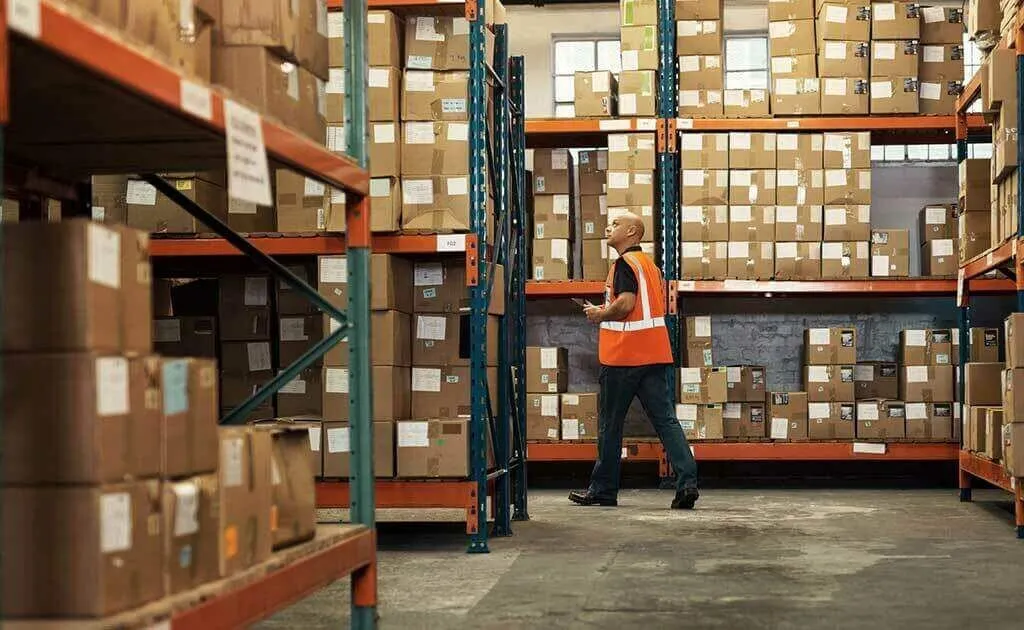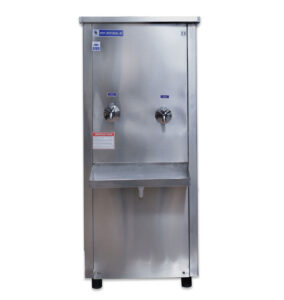In the fast-paced world of retail and e-commerce, wholesale distributors play a vital role in bridging the gap between manufacturers and retailers. They provide an essential service by ensuring products are available in bulk, often at a much lower price than buying at retail. If you’re an entrepreneur, a small business owner, or even an individual interested in buying products at wholesale prices, understanding the role of a Distributor is crucial. In this article, we will explore everything you need to know about wholesale distributors, their functions, and how you can leverage them for your business.
What Is a Wholesale Distributor?
A wholesale distributor is a business that purchases large quantities of goods directly from manufacturers or importers and then sells those goods in bulk to retailers, other businesses, or even sometimes directly to consumers at a discounted rate. The key difference between wholesale distributors and retailers is that wholesalers deal in bulk quantities rather than single products.
Wholesale distributors usually work with manufacturers, importing their goods to be sold in bulk at discounted prices. By purchasing in large volumes, they can take advantage of economies of scale and offer lower prices to retailers and other buyers.
How Do Wholesale Distributors Operate?
The operation of a wholesale distributor involves several key steps:
- Sourcing Products: Wholesale distributors usually establish relationships with manufacturers or producers. They negotiate deals to purchase products at bulk prices. Some wholesalers import goods from international markets, while others may work with local manufacturers.
- Warehousing and Inventory: Once the goods are acquired, distributors store them in warehouses. They maintain an inventory of products, managing stock levels and ensuring they can meet the demand from retailers or other businesses.
- Pricing and Sales: Wholesale distributors set prices based on the cost of the goods, adding a markup to cover overhead costs, such as storage, shipping, and labor. They usually offer tiered pricing depending on the order size – larger orders often qualify for further discounts.
- Logistics and Distribution: The distributor is responsible for the movement of goods from their warehouse to the buyer’s location. This can include shipping, handling, and ensuring timely deliveries. The efficiency of logistics is crucial in maintaining the distributor’s reputation.
- Customer Service: Many distributors offer customer service and support for businesses they work with, handling returns, exchanges, and product inquiries.
Types of Wholesale Distributors
Wholesale distributors can fall into several categories depending on their business model and the nature of the products they distribute:
- General Wholesale Distributors: These distributors offer a wide variety of products across different categories. They serve businesses in many industries, from clothing to electronics and home goods.
- Specialty Wholesale Distributors: These distributors focus on specific industries or product types. For example, a specialty distributor may only distribute electronic devices, agricultural products, or health and beauty items.
- Direct Wholesale Distributors: These distributors purchase products directly from manufacturers and sell them to retailers. They often work with well-known brands and may have exclusive distribution rights.
- Wholesale Importers: These distributors focus on importing goods from other countries. They may act as middlemen between overseas manufacturers and domestic retailers, helping to streamline the importation process.
- Dropshipping Distributors: In the dropshipping model, the distributor never actually handles the products. Instead, when a customer places an order, the distributor ships the product directly to the customer on behalf of the retailer.
Why Choose a Wholesale Distributor?
There are several reasons why businesses prefer working with Wholesale Distributors:
- Cost Savings: One of the primary benefits of working with wholesale distributors is the price advantage. By purchasing in bulk, businesses can significantly reduce the cost per unit, which helps improve their profit margins.
- Access to a Wide Range of Products: Wholesale distributors often offer a diverse selection of products, giving retailers access to a variety of goods without the need to deal with multiple manufacturers.
- Convenient Supply Chain: Distributors handle much of the logistics and warehousing, making it easier for businesses to maintain an efficient supply chain. This can free up time for businesses to focus on other aspects, such as marketing or customer service.
- Reliable Inventory Management: Wholesale distributors ensure that products are always available when needed. Retailers don’t need to worry about running out of stock or managing complex inventory systems on their own.
- Faster Turnaround Times: With established shipping methods and warehouses, wholesale distributors can often fulfill orders quickly, reducing lead times and improving overall operational efficiency.
The Benefits of Wholesale Distribution for Retailers
For retail businesses, working with wholesale distributors can be a game-changer. Here’s how:
- Better Pricing: Retailers benefit from lower prices due to the bulk nature of the transactions. This means they can either sell products at a lower retail price to attract more customers or maintain the same pricing structure and enjoy higher profit margins.
- Variety and Flexibility: Wholesale distributors usually offer a broad selection of products, giving retailers the flexibility to cater to different consumer needs without investing in creating their own product lines.
- Reduced Overhead Costs: Wholesale distributors handle many aspects of logistics and inventory management, which reduces the retailer’s need for warehouse space, staff, and other infrastructure.
- Access to Exclusive Products: In some cases, working with a distributor can provide access to exclusive products or better deals from manufacturers, especially if the retailer buys in large quantities.
How to Find the Right Wholesale Distributor
Choosing the right Bj Wholesale distributor is crucial to the success of your business. Here are some factors to consider:
- Reputation: Look for distributors with a proven track record and positive reviews from other businesses. Check if they are well-known for reliability, product quality, and customer service.
- Pricing and Discounts: Compare pricing structures to find distributors who offer competitive pricing. Ensure that their discount policies align with your business model and that the bulk purchase discounts are worth the investment.
- Product Range: Select a distributor that offers the products you need, in the quantities and variations that suit your business. Make sure they are able to meet your demand.
- Shipping and Delivery: Consider the distributor’s shipping policies and turnaround times. Ensure they can meet your logistical needs and provide timely deliveries.
- Payment Terms: Check their payment terms and policies. Some distributors may offer flexible payment options, while others may require upfront payments. Make sure you understand their terms to avoid any surprises.
How to Legally Buy Wholesale Products
When buying from a wholesale distributor, ensure that you are doing so legally and in accordance with local laws:
- Business License: Most wholesale distributors require you to have a valid business license or reseller permit before they will sell to you. This verifies that you are operating a legitimate business.
- Sales Tax Exemption: In many cases, purchasing wholesale goods may be exempt from sales tax. However, you’ll need to provide a tax-exempt certificate or reseller permit when placing orders.
- Wholesale Agreement: Some distributors may require you to sign a wholesale agreement that outlines the terms and conditions of the purchase. This includes payment terms, delivery schedules, and any return or exchange policies.
Conclusion
Wholesale distributors are key players in the global supply chain, enabling businesses to obtain bulk products at discounted rates. Whether you’re a retailer, an entrepreneur, or an e-commerce seller, working with the right Wholesale Extracts Flavorfrenzy distributor can improve your bottom line, streamline operations, and give you access to a wide range of products.
By understanding the wholesale distribution process, choosing the right distributor, and maintaining a good relationship with them, you can build a successful business model. As the retail and e-commerce landscapes evolve, wholesale distributors will continue to play a vital role in providing products at competitive prices to businesses around the world.




